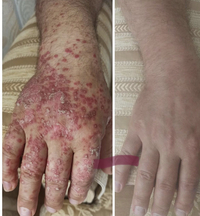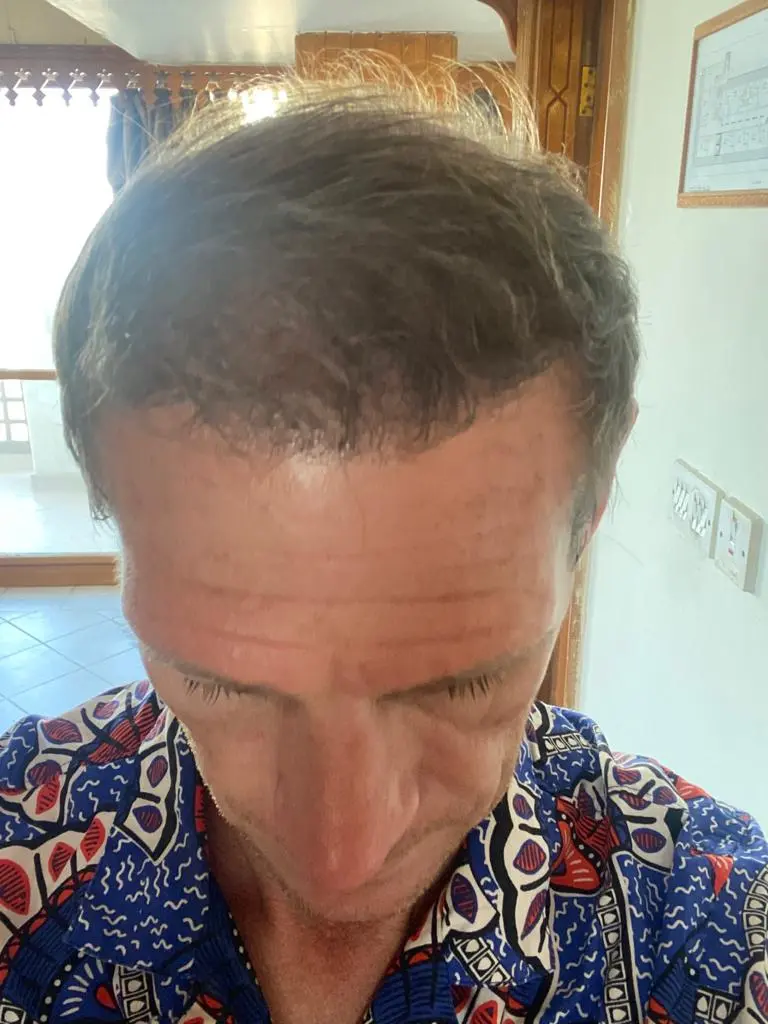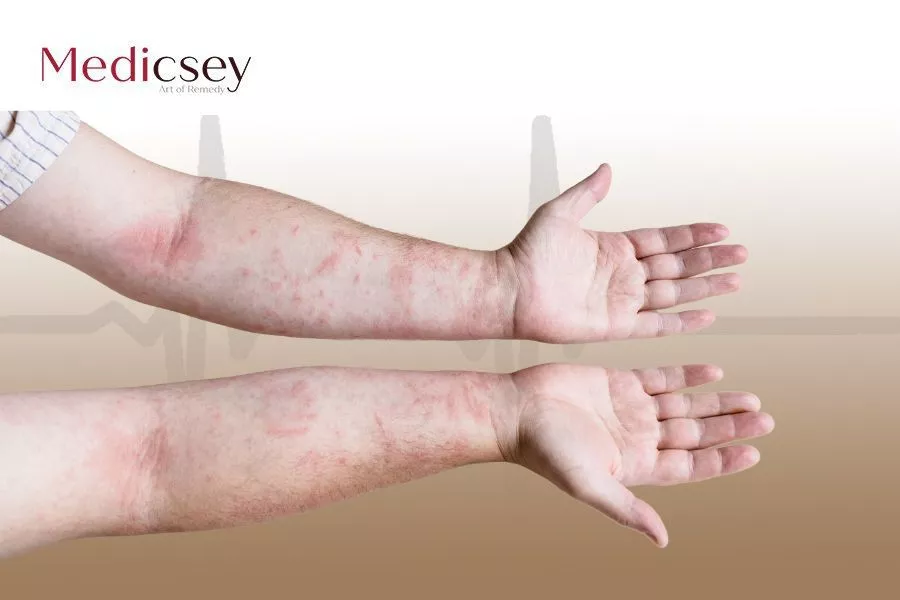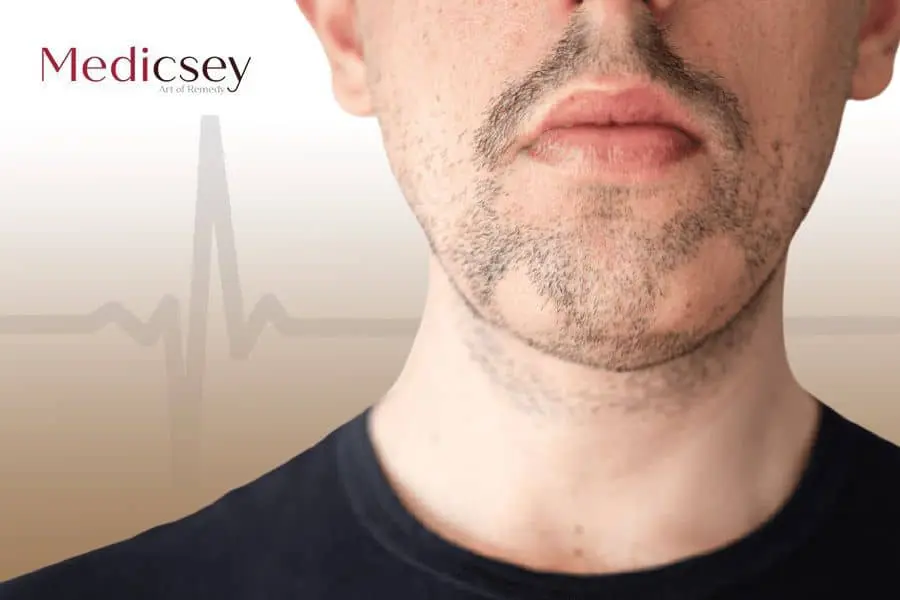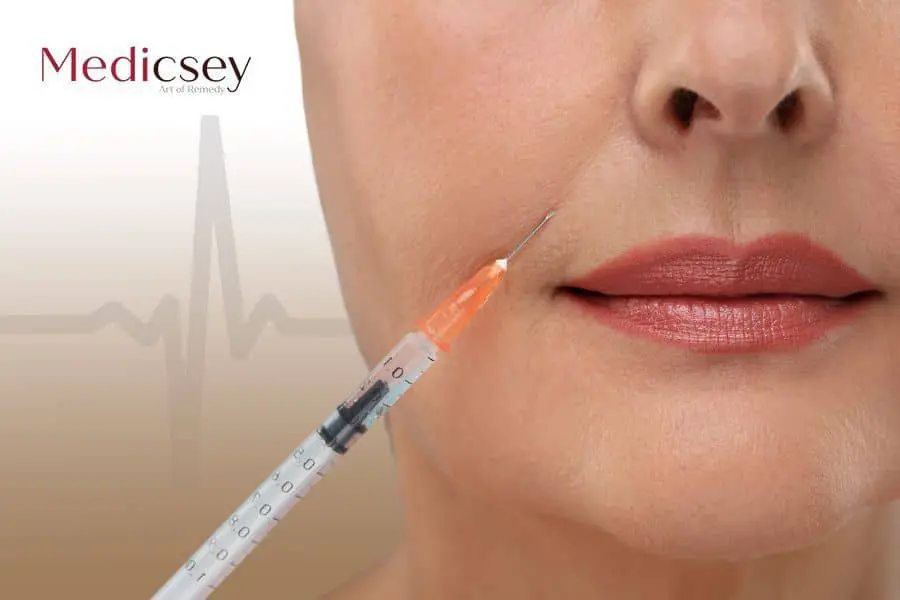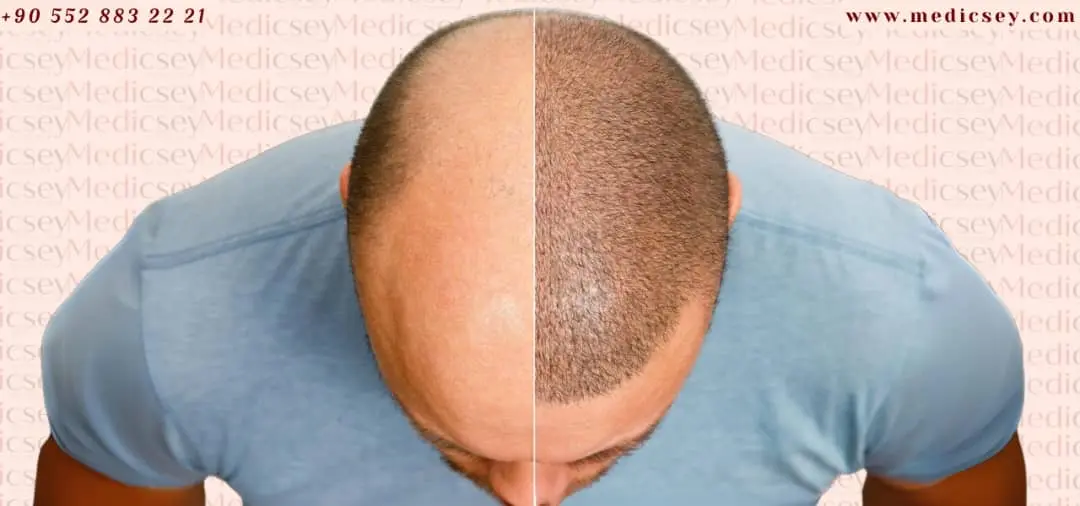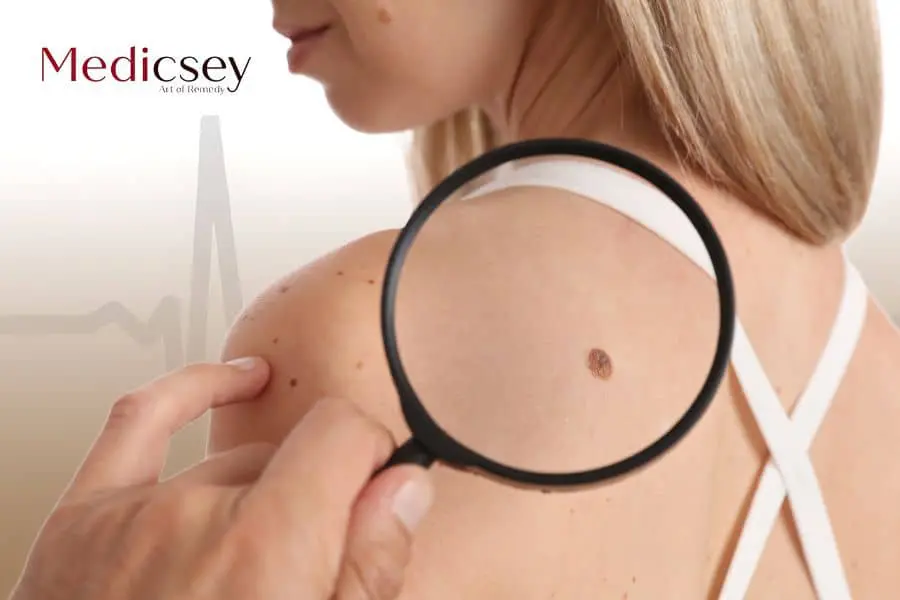Allergic dermatitis or contact dermatitis is an itchy rash that is not contagious, but it can be the cause of significant discomfort.
Table of Contents
What is allergic dermatitis?
Dermatitis occurs due to direct contact with a particular substance or an allergic reaction from it. There are many substances that cause allergic dermatitis, and the allergic response varies from person to person.
Causes of allergic dermatitis
- cosmetics.
- perfumes.
- jewelry accessories.
- plants.
- some types of insects.
- medicines and chemical products.
- paints, metals such as nickel, chemicals in disinfectants.
- Food allergies caused by certain foods.
- Constant exposure to sensitive materials such as nickel, which is used in the manufacture of jewelry, buckles and many other items such as latex.
- Medicines such as antibiotic-containing creams.
- Formaldehyde, which is contained in preservatives that enter the compositions of cosmetics and other products.
- Some plants such as Poison Ivy contain a highly allergenic substance called urushiol, poinsettias and pepper.
- Plant vaccines that are sprayed into the air and transported through it, such as ragweed pollen and insecticide spray.
- solvents such as acetone nail polish remover
- Constant moisture from body fluids such as saliva and urine.
- Direct contact with harmful and allergenic substances such as fenugreek, polyester in the manufacture of fabrics or chemicals contained in paints.
Symptoms of allergic dermatitis
- itching.
- burning.
- swelling.
- redness of the skin.
The rash appears as an allergic reaction within days of exposure to these substances.
Diagnosis of dermatitis
The diagnosis and treatment of allergic dermatitis in Turkey can be done by skin tests, skin samples, or finding out the patient's sensitivity through the presence of drugs or suspected irritants.
Treatment of allergic dermatitis in Turkey
When it comes to the treatment of allergic dermatitis in Turkey, there are several steps that can be followed, especially since there is no vaccine for this type of disease:
- Avoid possible triggers of dermatitis, such as irritating chemicals, allergenic fabric or strong odors.
- You may also be prescribed topical preparations such as antipruritic creams or hydrocortisone moisturizers.
- Prescribing non-steroidal anti-inflammatory drugs (Non-steroidal anti-inflammatory drugs)
- Prescribe oral immunosuppressive drugs, in order to reduce skin infections.
- Apply Poro solution compresses consisting of gauze or cloth moistened with water and aluminum acetate to small areas of allergic dermatitis in Turkey for an hour twice a day.
- Tips for caring for a child with allergic dermatitis in Turkey
- Note what substances the child comes into contact with, because this helps to identify the allergen and stop exposure to it.
- Use unscented soap when bathing the baby.
- Use wet compresses over the affected area and compresses every eight hours.
- Speed up the presentation of the child to a specialized dermatologist and give him the medications recommended by the doctor as directed.
- Monitor the child for constant itching and tell him not to scratch his skin so as not to be exposed to a new infection.
Today you can get a free consultation answered by the best dermatologist in Turkey, Professor Mustafa Ozdemir, who can help you control allergic dermatitis. There are several procedures offered by a dermatologist that help relieve injuries as much as possible.
Prevention of allergic dermatitis
To avoid allergic dermatitis, it is recommended to follow some simple preventive measures such as:
- Wear cotton clothes as the best types of fabrics used in the clothing industry. They reduce irritation and help to absorb moisture more.
- Keep the skin clean and use light, unscented soap and then dry the skin well after showering.
- Avoid using irritating substances such as harsh chemical products and strong perfumes. Please choose skin care products and detergents that do not cause allergic dermatitis in Turkey.
- Using skin moisturizers to maintain skin moisture and reduce dryness, and applying a skin cream containing pentoquatam (Ivy Block) prevents or reduces the skin’s reaction to poison ivy
- Consult with a specialist dermatologist to get other tips that suit your personal condition.
- People with photosensitive dermatitis should avoid exposure to sunlight.
Why Medicsey is the best for treatment of allergic dermatitis in Turkey
Common treatment techniques at the Istanbul dermatology clinic include laser therapy, chemotherapy, radiation therapy, skin surgeries, hormone therapy and more. In addition to innovative treatments for the treatment of allergic dermatitis in Turkey by the best dermatologists.
Medicsey dermatology clinic in Istanbul employs highly qualified and experienced medical specialists in their many and multiple fields such as for the treatment of conditions such as allergic dermatitis in Turkey. Doctors are carefully selected and strict criteria are applied to ensure the best patient care. In addition, the clinic has the latest medical equipment and modern treatment technology to efficiently and effectively provide medical services to patients.
Medicsey Clinic aims to fully meet the needs of patients and provide personalized and personalized care for each patient. Patients are given appropriate medical advice and guidance to better understand their health condition and the options available to them. The clinic works to provide a comfortable and friendly environment for patients, where they feel reassured and relaxed while receiving medical care.
In the end, no matter how intractable the case, the dermatologist can provide the treatment of allergic dermatitis in Turkey accompanied by care, medical care and comprehensive follow-up to reach a method that relieves the allergy and its effects as much as possible.
For more information, you can check the Medicsey blog website and get a free medical consultation provided by the most skilled dermatologists in Turkey.
Read more .. Acne treatment in turkey.




